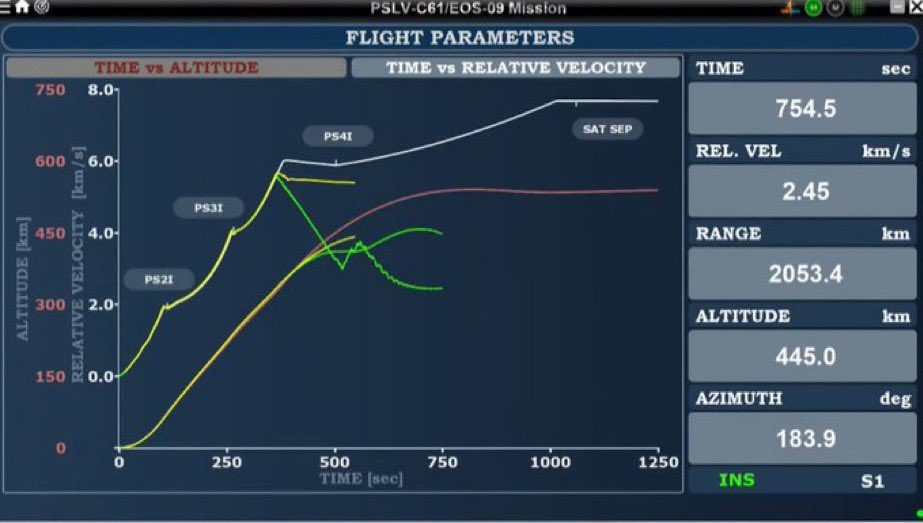To world scientific dismay, on 22 October, seven scientists working at the Italian National Commission for the Forecast and Prevention of Major Risks received jail terms of six years for “negligence” and “manslaughter” in failing to provide adequate warning of the earthquake that struck the Italian city of L’Aquila on 6 April 2009.
Sadly, the subsequent earthquake killed 300 people and did major damage to buildings in and around the city. While the scientists did note the tremors before the earthquake they noted in a reassuring statement, made before the 6.3 Richter scale quake hit, that the risk of a full earthquake event was low. In doing so, the scientists, to their own regret, got it wrong.
However, at this point, it should be realised that like forecasting the weather, the prediction of earthquakes remains very much an inexact science. To penalise these scientists in this unfair way (remember they in no way benefited from their incorrect reassurance) will put off others from even attempting to discover ways of making Earthquake and related Tsunami forecasts in the future.
Such research even involves space technology. Seismic researchers think that seismic events can be forwarned by temperature and electromagnetic changes in the ionosphere. Spacecraft including the French Demeter and Russian Kanopus B1 satellites, have been launched to investigate this effect. Such research results, if confirmed, could one day yield an accurate way of forecasting Earthquakes – perhaps saving hundreds of thousands of lives.
If the above conviction stands, there will be little incentive to perform such research anymore as making an incorrect warning or reassurance on the basis of this technology could make the scientists and the organisations inovlved criminally liable.
Italy, of course, does have an infamous history of imprisoning scientists – most notably Galileo Galilei. In his astronomical case he was imprisoned for the “heresy” of getting it right about the Earth orbiting around the Sun, but not being believed. In this seismic forecasting case, these Italian scientists have been imprisoned, this time, for being believed as they simply got it wrong.







